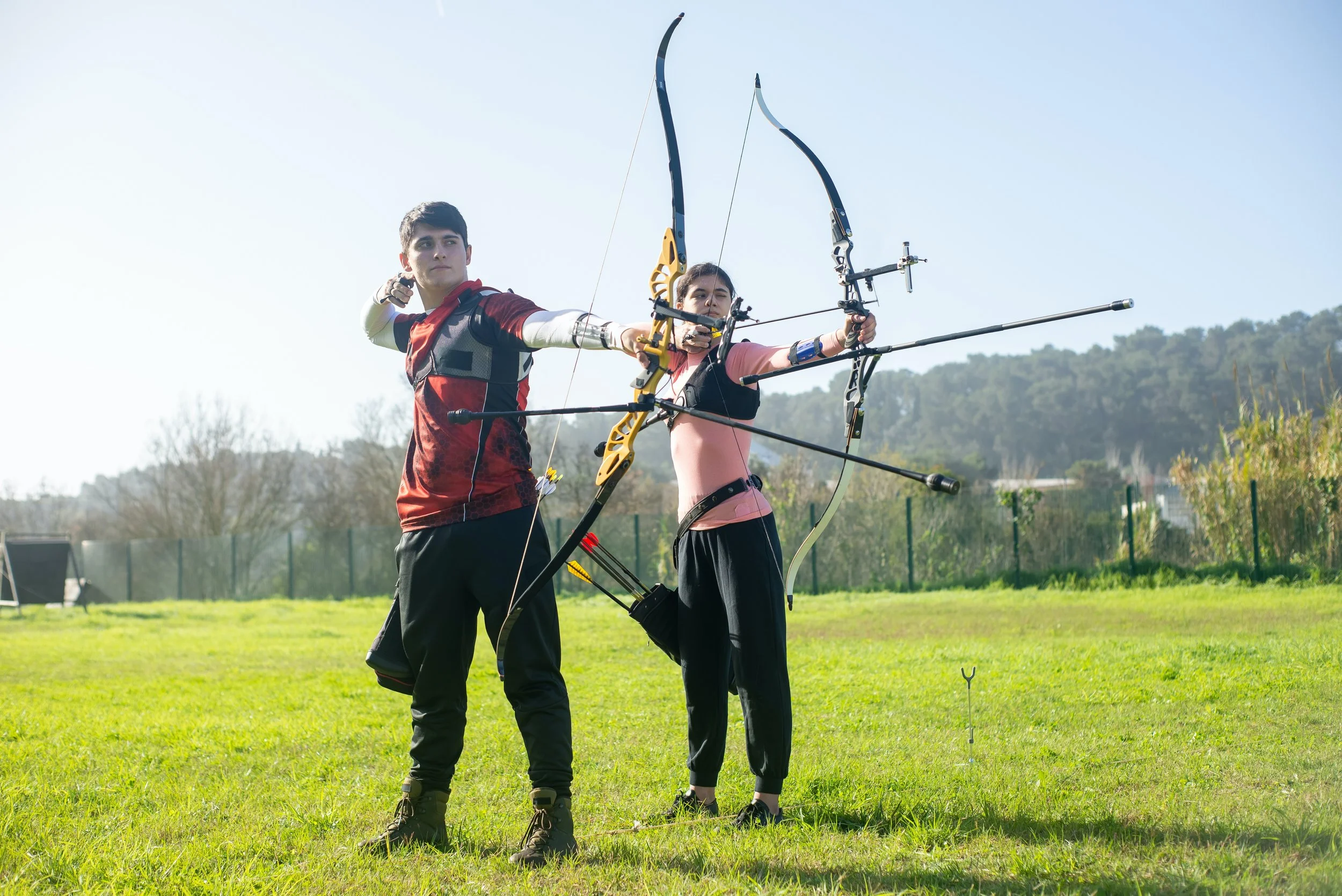What exactly is a Social Skill?
Turns out, this can actually be problematic to define. But we know when we or our loved ones have lagging social skills — because we see them, or ourselves, struggle to initiate, cultivate, and maintain relationships with others. And this causes so much pain.
What are the social skills problems, then? And what do we do to solve them?
First, let’s break down the word “skill” before further defining social skills. Merriam-Webster defines “skill” as “the ability to use one's knowledge effectively and readily in execution or performance.”
How do we learn any skills: cooking, playing guitar, archery, gardening, drawing, acting, writing, dancing? While some people learn these skills by reading books, watching videos, or using apps to increase their knowledge of the special interest, and then make the time to practice with the goal of mastery in mind, there’s another critical component necessary for success: the talent of our teachers.
Malcolm Gladwell’s 2011 blockbuster book, Outliers, referenced research by Dr. Anders Ericsson and the “10,000-Hour Rule” — that people who wish to master a skill need to put in a significant time commitment. But Gladwell left out a vital piece of that research. A recent article and podcast with Dr. Ericsson says good teaching matters, not just practice.
In addition to having the motivation to make a concerted effort, we usually learn when someone further along on their journey of mastery teaches us. An undeniably important factor in skill acquisition is how good the teacher is!
For those who struggle socially, herein lies the conundrum. When a human is peer rejected and socially isolated — and they get ineffective, decontextualized social advice from parents and professionals — how do they get the practice necessary to develop and enhance their social skills?
The key features of the optimal conditions for improving skills of any kind are:
1. The task must be well-defined with a clear goal and be fully understood by the participant.
2. The participants need to be able to perform the task by themselves.
3. The participants need to gain immediate informative and actionable feedback on each performance of the practice task that allows them to make appropriate adjustments to improve.
4. The participant needs to be able to “repeatedly perform the same or similar tasks”
5. The practice task must be designed and performed in accordance with individualized instruction and guidance of a teacher.
“To assure effective learning, subjects ideally should be given explicit instructions and be supervised by a teacher to allow individualized diagnosis of errors, informative feedback, and remedial part training.
Deliberate practice is when you have a teacher who actually knows more about effective training guiding the student to develop. What’s even better is that our intensive, 16-week program also teaches parents and other family members these same skills, and how to teach these skills to their learner using our methods of instruction. We even record every session weekly and make those videos available for review in the passcode-protected member area of our website, so that all class members can review the videos and reinforce their learning and enhance their coaching skills by watching us.
A highly unique component of our program is the inclusion of the parent or other responsible adult in the role of social coach (usually the parents, because they make the best social coaches). Our model involves simultaneously occurring groups for social coaches that meet in tandem with young adult or teen groups. Essentially, while our learners are being taught social skills in one group with two of our esteemed coaches, the caregivers attend a concurrent group to learn how to assist their learner in the development and maintenance of relationships.
Why do we do this? Because training social coaches helps the skills generalize, or carry over, to other environments. The social coaches can provide social coaching in natural social settings and situations. This way, the durability of the social skills lasts long after the class has ended. These caregivers are also integral to ensuring completion of the practice homework assignments, and can help troubleshoot any barriers to homework completion. Finally, the caregivers help the teens and adults to find an accepting source of friends — based on their special interests — in which they can practice initiating, cultivating, and maintaining relationships in real life.
Our social skills classes make it easier for anyone to function in any upcoming social situation — to communicate more effectively and with more ease across contexts — at work, at a get-together with people you don’t know (e.g. a new source of friends based on your special interest), as well as in our most intimate relationships. Whether you or your loved one is autistic or otherwise neurodivergent, like most of the IRL Social Skills teachers, you will learn skills that improve your quality of life and relationships.
Social skills for autistic and other socially struggling humans in the way we teach this program has this desired outcome: to have real friends, with whom they share common interests and with whom they can relax and be held in positive regard.
Our world is inherently social. Any mammal who nurtures their young is social! Humans are mammals, and regardless of neurotype, we need each other to survive. Social skills classes for young adults include conversation skills, dating skills, and conflict resolution skills.
We are here at this moment in time because what we bring to the world is necessary to our survival and the survival of the planet. And for that — we’re going to need to use skillful means, with clear communication and collaboration.

